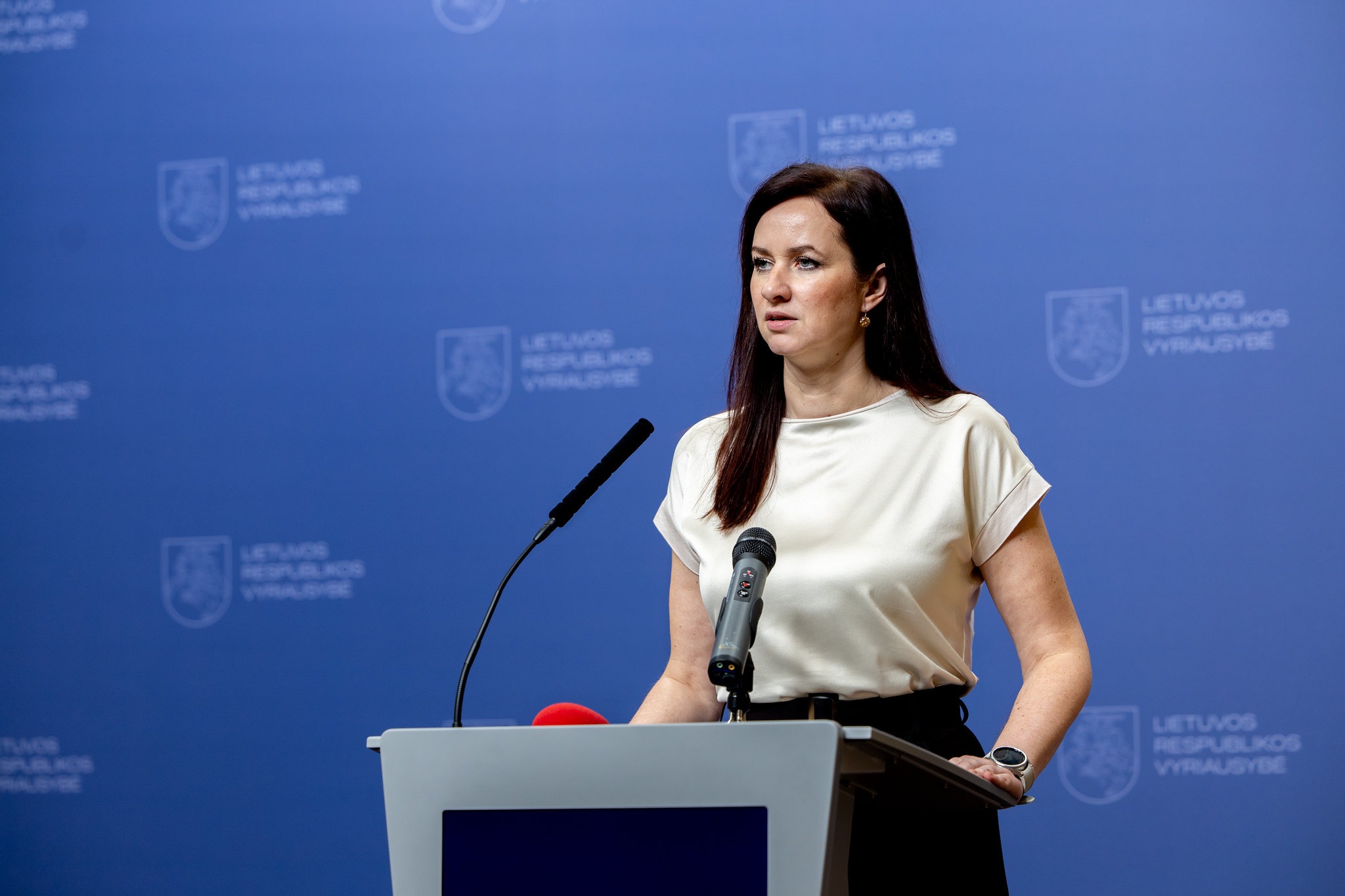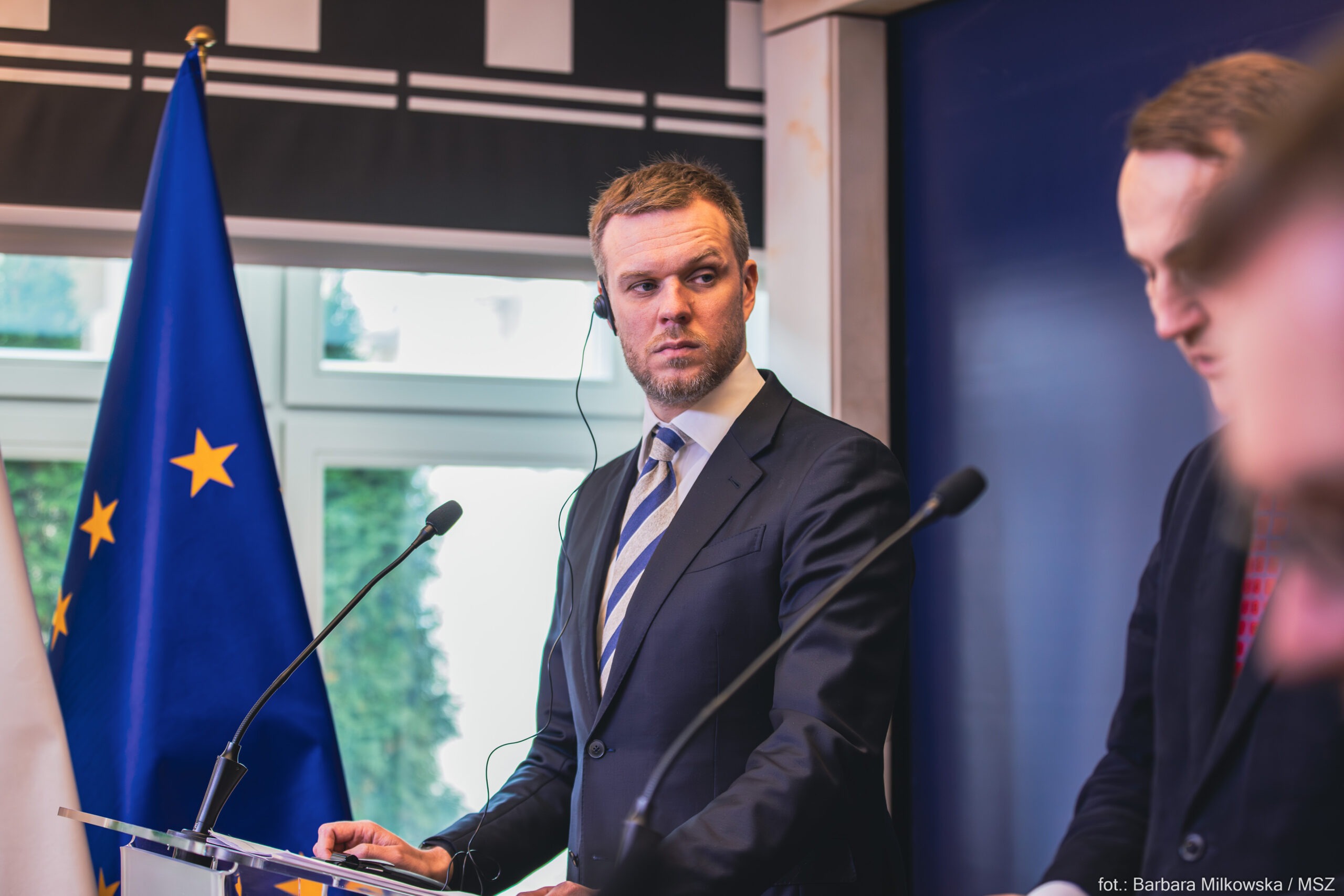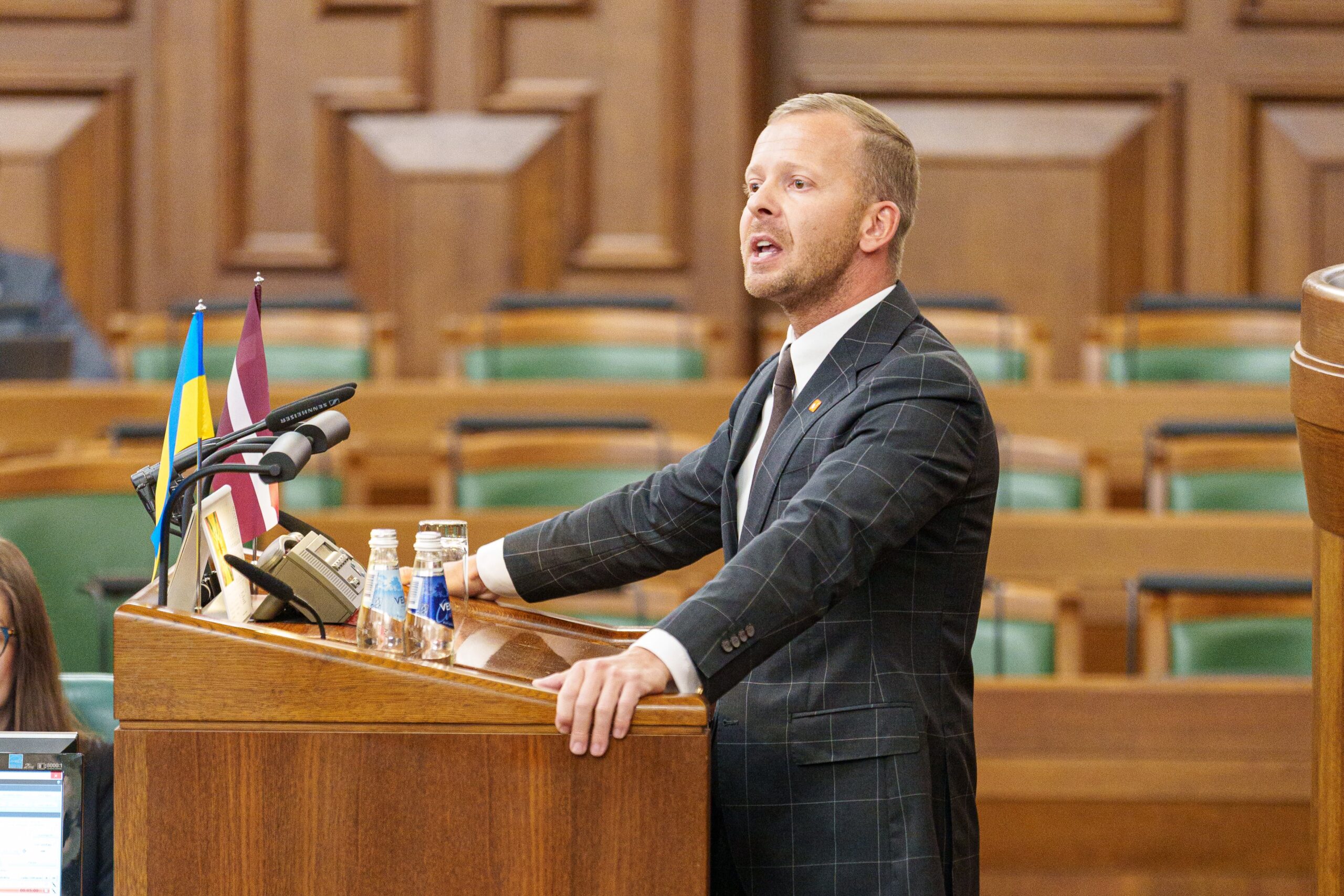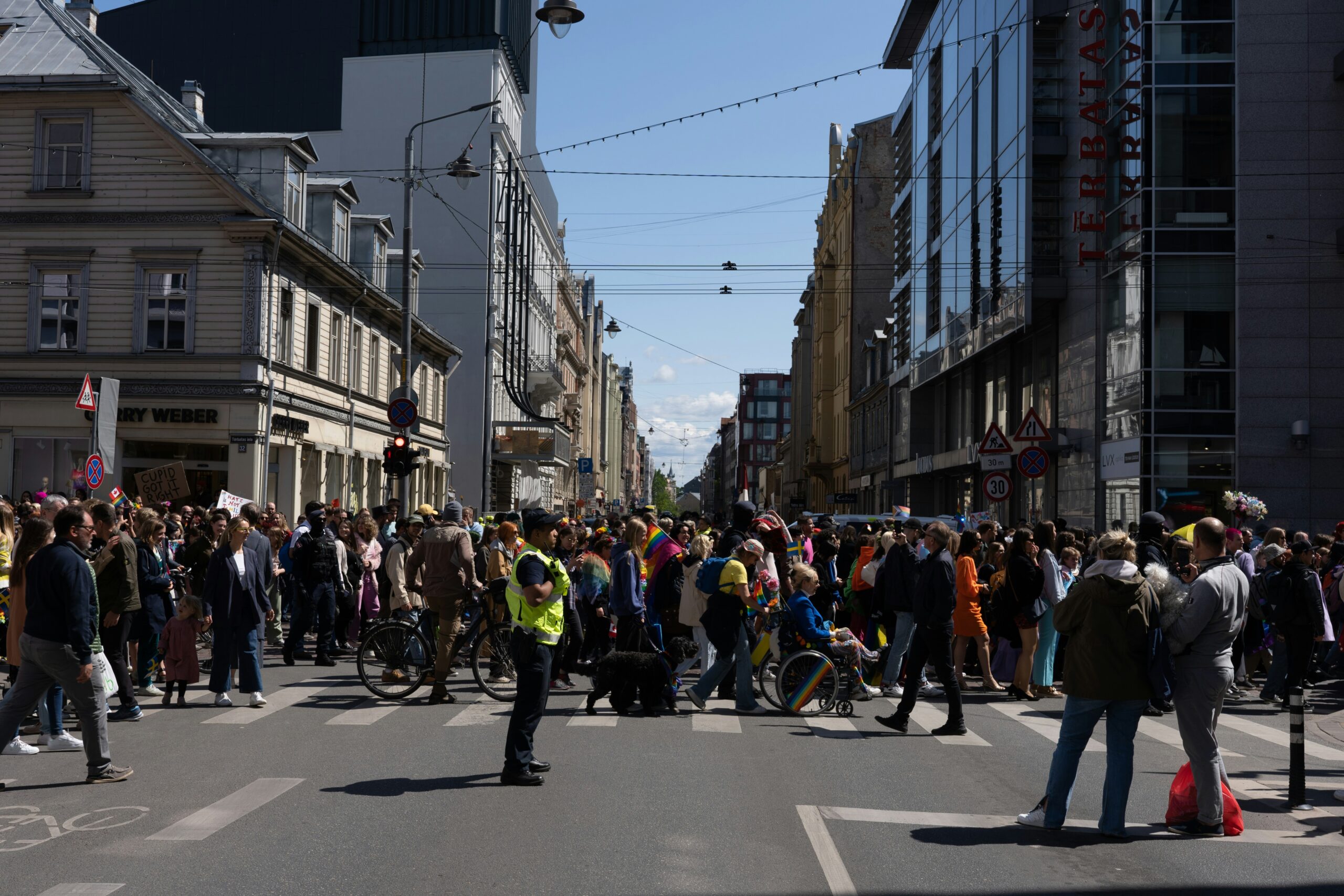
Main narratives:
- Withdrawal from BRELL is an expensive mistake;
- Baltic States are puppet states of the EU.
Overview:
Russian propaganda tends to take whatever is happening in Latvia and tie it into pre-existing negative narratives. This was also the case with the Baltic States withdrawing from the Russian BRELL electricity supply network and joining the EU power grid.
The messaging about withdrawal from BRELL varied from mockery to doom-laden predictions but tied into long-established narratives. One Telegram post sarcastically claimed that German Chancellor Scholz “promised to personally generate electricity for the Baltic States from February 09, 2025,” attempting to ridicule the move toward European energy integration and hinting at the narrative that the Baltic States are puppets of the West. Other posts took a more aggressive tone, with one declaring “Let’s drive the Baltic States into the Middle Ages with an iron fist!” portraying withdrawal from BRELL as an irrational policy that is done only to offset “the legacy of the damned Soviet Union” without any benefit.
While Russian language outlets frequently highlight potential electricity price increases – a legitimate concern – they conspicuously omit discussion of the enhanced energy security the transition will provide. This selective reporting creates a skewed narrative that emphasizes economic costs while ignoring strategic benefits.
User comments on social media reflect deeply ingrained negative attitudes towards the West and Latvia. Even neutral, fact-based posts about the transition to the EU power grid attract a barrage of negative responses. When Baltic Voice posted about the flawless technical process of connecting to the European grid, commenters quickly filled the space with criticism. Some resorted to sarcasm and irony claiming that everything finally will be better after this transition. Others made serious accusations, calling Latvia “a totalitarian country with a lying, impudent and inhumane regime” and claiming that “millions went into pockets” and “Our children will pay in a long time” for withdrawal from BRELL. These comments consistently echo key Russian propaganda themes: rising costs, alleged corruption, and supposed subservience to the European Union. This pattern of response demonstrates how deeply ingrained Russian disinformation narratives are.
However, these narratives did not spread beyond the usual problematic outlets and usual audience. Deputy Director of the Strategic Communication Coordination Department of the State Chancellery, Rihards Bambals also concluded that the efforts to instill fear about withdrawal from BRELL were not particularly successful.








